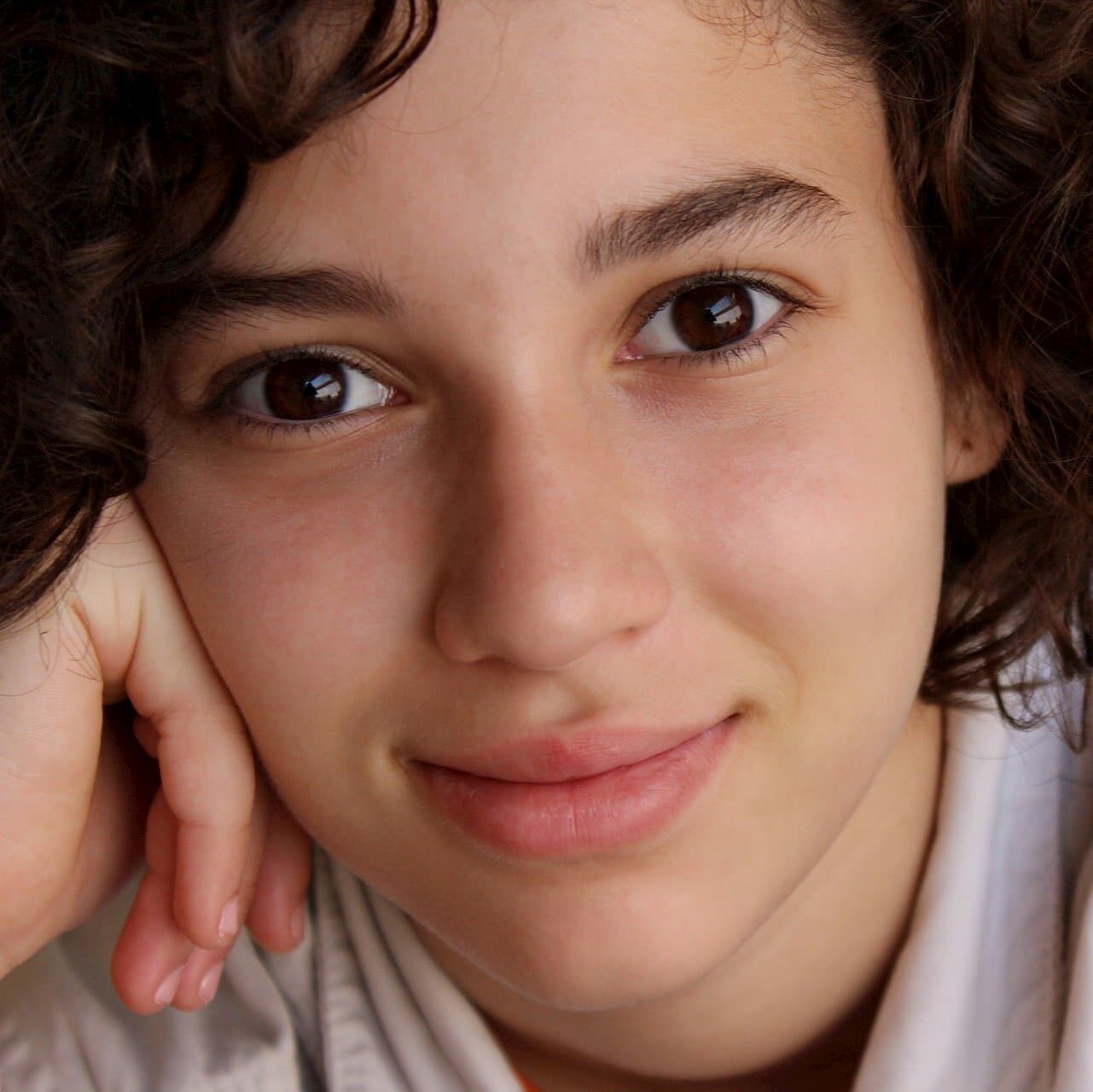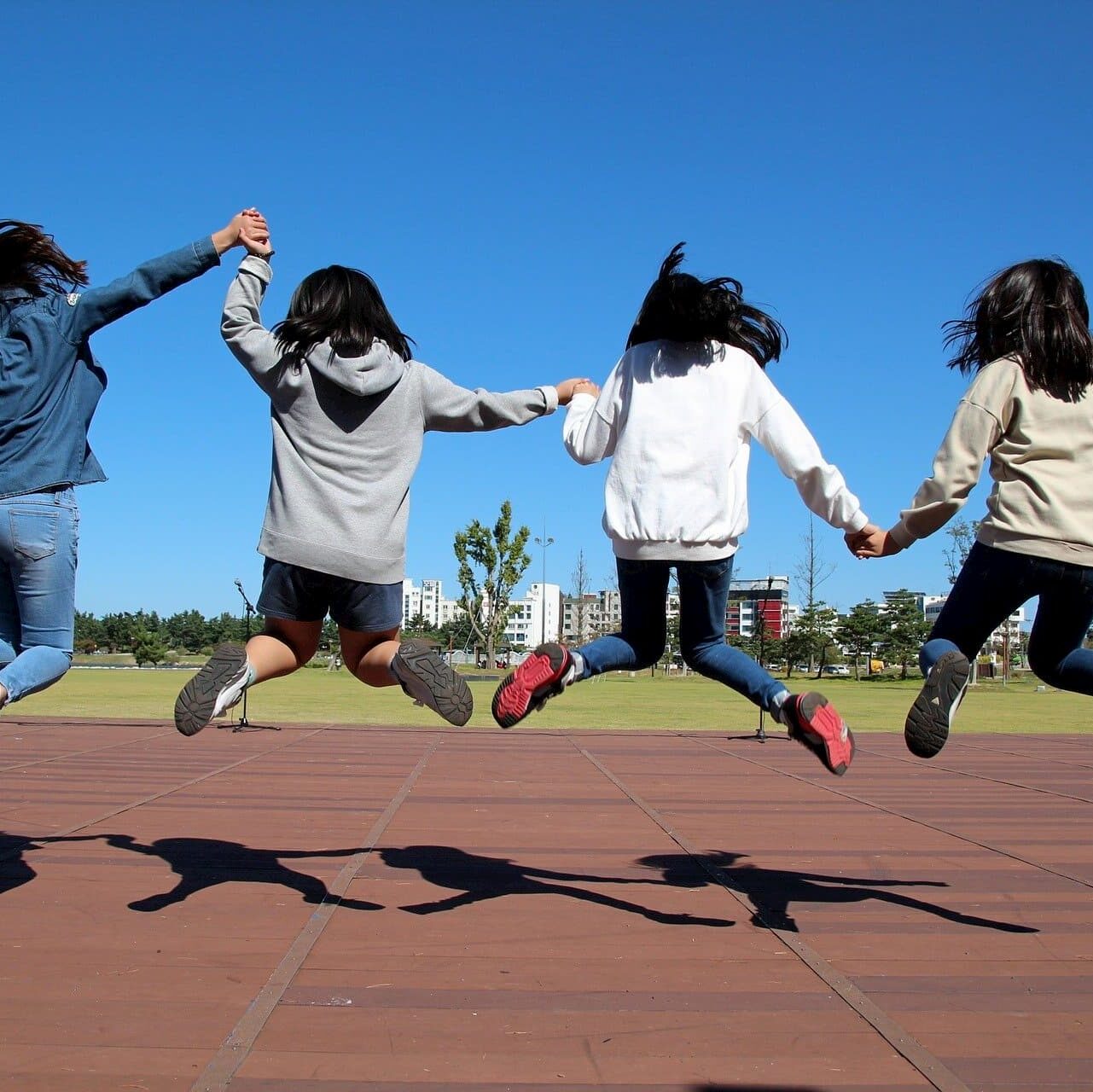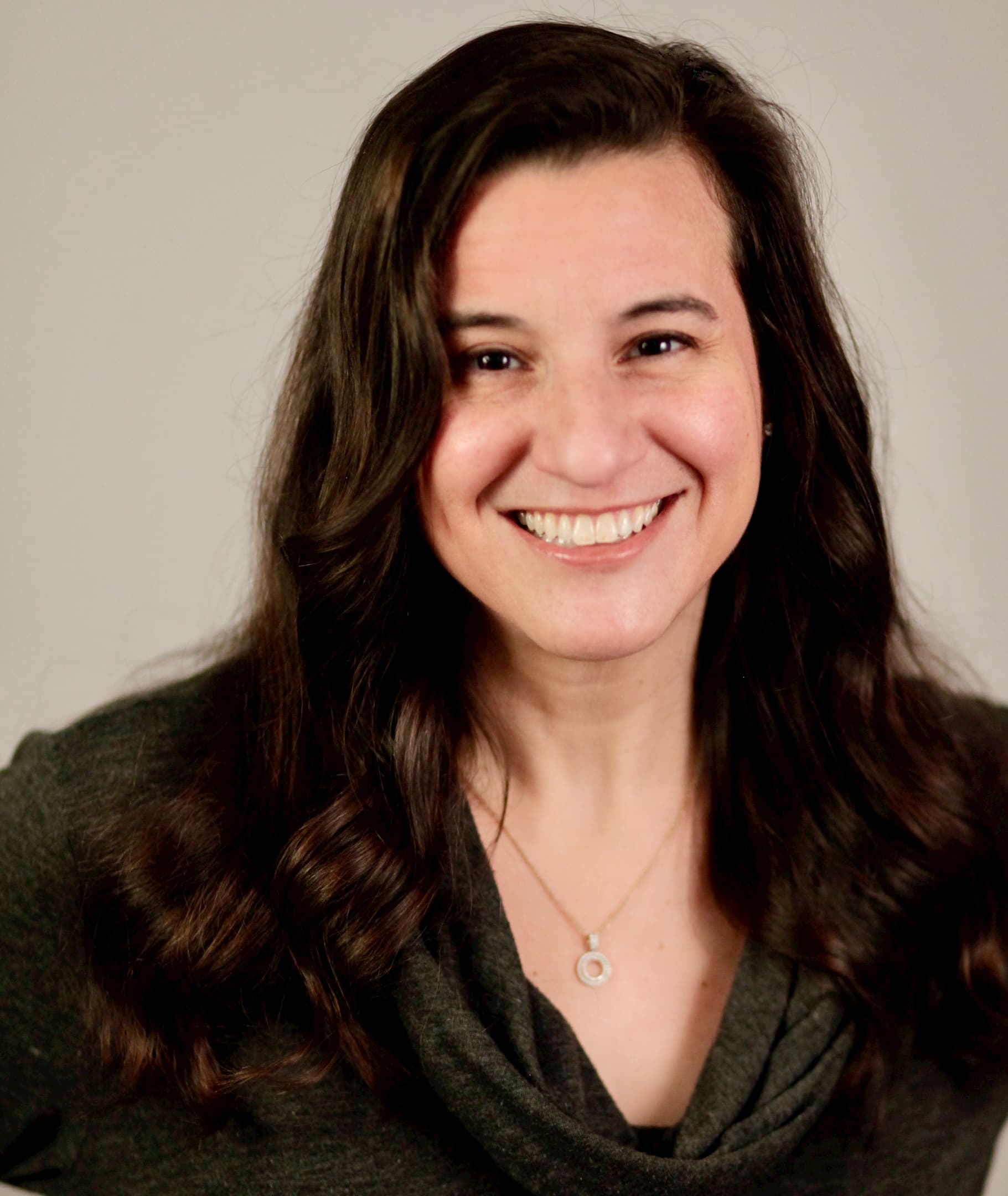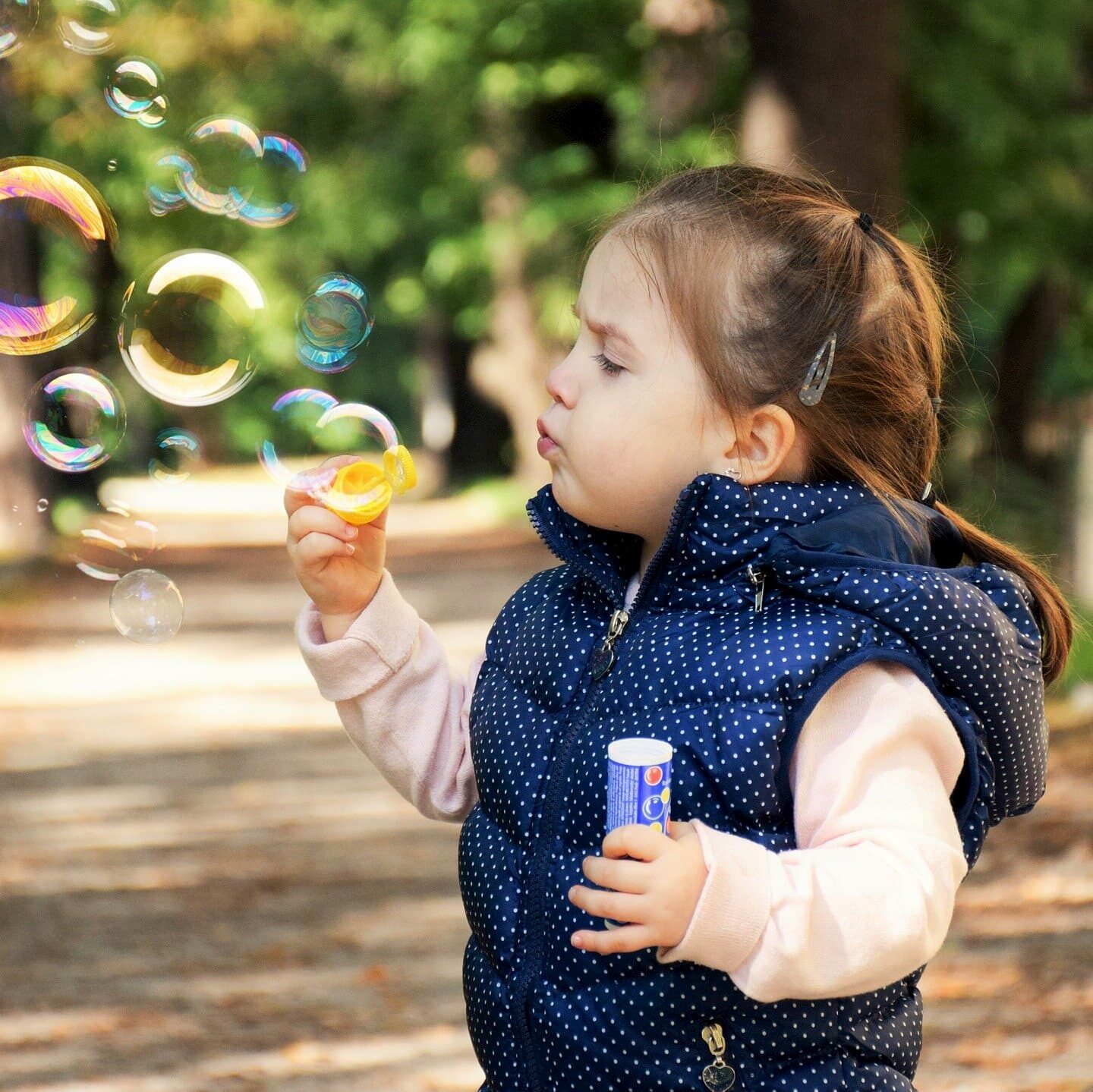Connect. Discover. Grow.
Levin Occupational Therapy | LOT provides personalized occupational therapy services for children, adolescents and families.
Rooted in the knowledge that all people are capable and want to lead meaningful and fulfilling lives, our individualized therapies help clients connect to the world around them and discover the skills to grow.
Our vision is that children and parents live life with confidence, compassion, and resilience—core strengths that enable individuals and communities to thrive.
About LOT
Our approach is personalized, and our services embody the best available, current and relevant evidence to help our clients function comfortably and effectively in their daily lives at home, in school and within their communities.
Model of Human Occupation
The Model of Human Occupation offers a deeper understanding of how human activity is motivated, patterned, and performed, and how these activities are influenced by our physical and social environments.
Positive Psychology
Positive Psychology is the scientific study of the strengths that enable individuals and communities to thrive. This discipline approaches mental health from the perspective that people want to lead meaningful and fulfilling lives.
Family-Centered
Family-centered therapy recognizes that the family is constant and primary in promoting the development and health of the child. Individualized and dynamic intervention is developed in collaboration with the child and the family.
Occupation-Based
Occupations are the ways we spend our time and energy to fulfill life roles. For children, these occupations may include play, school, and activities of daily life (eating, dressing, bathing, etc.) Occupation-based practice considers these tasks and life roles, in addition to underlying skills, like strength and coordination. Collaborations between the therapist and child are ongoing throughout the therapy process, ensuring that intervention is focused and motivating.
Sensory Integration
Sensory integration is the ability to receive, interpret, sort and integrate sensory information from touch, gravity and movement, muscles and joints, visual, auditory, taste, and smell receptors so as to respond appropriately to the environment. Adequate sensory integration is a building block for skill development, self-organization and attention, emotional regulation, and interpersonal relationships.
Hours of Operation
By appointment only.
Call to Schedule
(847) 251-1717
Our Location
1217 Green Bay Rd., Wilmette, IL 60091
Services
Through consultation and direct intervention, Levin Occupational Therapy | LOT offers a strengths-based, comprehensive approach dedicated to promoting positive attitudes and fostering resilience in our clients. Individualized treatment plans focus on the core areas of a person’s functional, cognitive, physical, and emotional development.
Occupational therapists are experts in understanding how individual characteristics, task demands, and the environment affect our abilities to productively and positively function. We design individualized treatment plans to reach functional changes that can improve the lives of the child and the family.
Occupational Therapy Evaluation
Occupational therapy starts with a personally tailored, comprehensive evaluation. Areas of assessment may include gross motor development, fine motor development, visual perceptual skills, motor planning, sensory processing, and executive functioning.
Individual Occupational Therapy
The goals of pediatric occupational therapy are to increase a child’s independence and positive functioning in play, school, and daily living skills. Sessions are based on your child’s individualized treatment plan, and activities are designed and evolve in collaboration with your child to ensure their active engagement. Therapy sessions may be held in person or via telehealth.

In-Home Consultation
Occupational therapy consultations in the home can include an evaluation of the physical space and materials used in activities of daily living (dressing, toothbrushing, toileting, eating, etc.), as well as the development of home programs for exercise and managing sensory processing challenges.

Educational Consultation
Educational consultations can include in-school observation, teacher interview, IEP review, and attendance at educational meetings.

Group Services
Life Skills Groups: A six-week group series for adolescents covering critical and useful life skills such as food management, money management, self-care, home management, and community safety.
Early Childhood Community: Groups in development for children ages 0-5 include Lotus Learners Mindful Movement, Lunch and Learn, and Summer Seedlings Grow to Kindergarten. Caregiver forums will include topics related to early motor and speech milestones, developing healthy childhood routines, and managing challenging behaviors.
Do I know someone who needs occupational therapy services?
If someone you know is experiencing three or more of these problems, occupational therapy intervention may be helpful.
As an infant was unusually fussy, difficult to console and easily startled.
Difficulty regulating sleep/wake cycles such as settling for sleep, staying asleep, and waking without irritability.
Reacts strongly to touch, taste, sounds, or odors due to oversensitivity to stimulation.
Strongly dislikes baths, haircuts, or nail cutting.
Does not use the appropriate amount of force when handling objects, writing, or when interacting with family members and pets.
Poor muscle tone, fatigues easily, leans on people, or slumps in a chair.
Slow to roll over, creep, sit, stand, walk, or to achieve other motor milestones in the first three years of life.
Clumsy, falls frequently, bumps into furniture or people, and has trouble judging position of body in relation to surrounding space.
Difficulty learning new motor tasks; experiences frustration when attempting to follow instructions or sequencing steps for an activity.
Does not enjoy age-appropriate motor activities such as jumping, swinging, climbing, drawing, cutting, assembling puzzles or writing.
Finds it difficult to make friends with children of the same age, prefers to play with adults or younger children instead of peers.
Meet Mara Levin

Mara Levin, MS, OTR/L
Occupational Therapist
Mara Levin is a native of Wilmette and attended New Trier High School before obtaining her BA in psychology and theater arts from Washington University in St. Louis. Following her undergraduate studies, Mara received a Masters of Science in Occupational Therapy from the University of Illinois at Chicago (UIC) in 2002.
While at UIC, Mara developed life skills programming for adults and adolescents with chronic physical and psychiatric disabilities and was an author on several published papers in the American Journal of Occupational Therapy and the Journal of Vocational Rehabilitation, among others. Additionally, Mara served as an adjunct clinical instructor in occupational therapy, research project coordinator, and assistant director of the Urban Allied Health Academy in the College of Applied Health Sciences at UIC.
Mara has been in the private practice of pediatric Occupational Therapy in Wilmette, Illinois since 2008, specializing in sensory integration, sensory processing, dyspraxia, developmental delay, learning disabilities, autism, and anxiety. She has additional training specializing in Sensory Integration Theory, Sensory Processing Disorder, Mindfulness Based Meditation, Astronaut Training, Wilbarger Protocol and sensory diets, Interactive Metronome, Therapeutic Listening, Motivational Interviewing and kinesiotaping.
Mara’s passion for promoting positive functioning and resilience in her clients is evident in the enthusiasm she brings to each and every session. She is licensed to practice in Illinois and is a member of the American Occupational Therapy Association and Illinois Occupational Therapy Association.
Connect with LOT
Thank you for your interest in Levin Occupational Therapy | LOT, and for exploring the best ways to support you and your family. We’re here to help, and provide you with useful options.
To schedule a free phone consultation, please complete the form and we’ll connect with you shortly. During this consultation, we will listen to your primary concerns and discuss next steps together.
Resources
Informational Websites
The American Occupational Association offers information and tip sheets regarding pediatric occupational therapy and managing childhood occupations. From the home page, click on “About OT: Patients & Clients,” and scroll down to find “Learn About Occupational Therapy for Children & Youth.”
The Spiral Foundation is a nonprofit who conducts research and provides professional and community education about sensory integration and sensory processing. Through its website, the SPIRAL Foundation offers courses, webinars, toolkits and research resources for caregivers.
The SPD Foundation conducts and supports research to study the diagnosis and treatment of Sensory Processing Disorder (SPD). The SPD Foundation website offers access to research symposia, books and CDs, clinical research articles and fact sheets, and other informational and advocacy resources for caregivers.
CHADD established the National Resource Center on ADHD and advocates for individuals and families affected by ADHD at the policy level. The CHADD website offers tip sheets and videos, resource directories, and online communities.
Autism Speaks offers advocacy and support for the needs of individuals with autism and their families, throughout the life span. Through its website and phone line, Autism Speaks provides extensive information about identifying, diagnosing and treating autism, as well as directories and resource guides for autism services.
Learning Disabilities Association of America’s (LDA) mission is to create opportunities for success for individuals affected by learning disabilities through support, education, and advocacy. LDA’s website offers written information and guidance for parents regarding specific learning disabilities, including identification and assessment.
The International Dyslexia Association’s (IDA) website provides fact sheets about dyslexia and related conditions, as well as other family resources, including a downloadable dyslexia handbook and advocacy toolkit.
The Positive Psychology Center at University of Pennsylvania provides free resources where people can learn about Positive Psychology through readings, videos, research, opportunities, conferences, questionnaires with feedback and more at the “Authentic Happiness” website.
